Global Business
Better Sanctions Can Weaken Russia
Yale SOM’s Jeffrey Sonnenfeld, who has helped lead the movement to isolate Russia, and co-author Steven Tian write that the current sanctions regime is spottily enforced and ignores key commodities exports. They suggest three steps policymakers should take to give economic sanctions real bite.

Saudi Arabia’s Sabotage of the Economy Will Backfire
With its surprise cut in oil production, write Yale SOM’s Jeffrey Sonnenfeld and Steven Tian and Congressman Ro Khanna LAW ’01, Saudi Arabia has chosen to side with the Russian war machine.
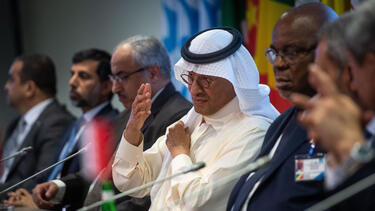
What’s the Right Price for Russia’s Oil?
Negotiation expert Prof. Barry Nalebuff argues that setting the price cap either too high or too low could lead to failure and defeat the effort to make Putin pay for his aggression.
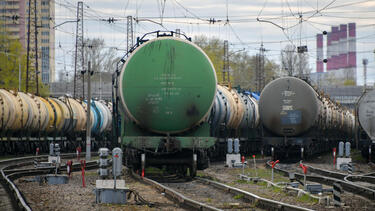
Loopholes Persist in the Dragnet around Russia’s Economy
Yale SOM’s Jeffrey Sonnenfeld and Steven Tian, who have been tracking companies’ disengagement from Russia, write that Asian airlines, European aviation giants, and sanctions evaders are gaming the system and gaining an advantage over their American competitors.
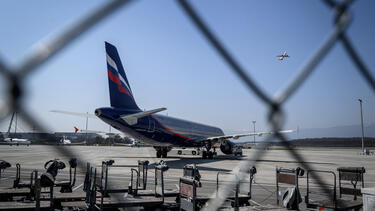
The Myth of Putin as World Energy Czar Is Running Out of Gas
Media commentary suggests that Russia is using its energy resources to hold the rest of the world hostage. To the contrary, write Yale SOM’s Jeffrey Sonnenfeld and Steven Tian, Russia’s actions have devastated its own economy and undermined its status as an energy exporter.
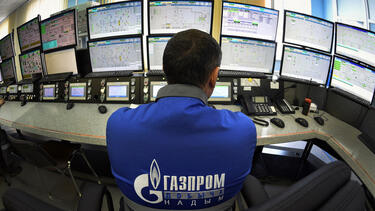
Multinationals Can Have a Positive Local Impact—If They Face Enough Competition for Labor
The United Fruit Company had a reputation for manipulating governments and exploiting workers in Latin America. But Yale SOM’s Diana Van Patten found that in some areas, competition for workers led it to invest in local infrastructure, with long-lasting positive impacts.
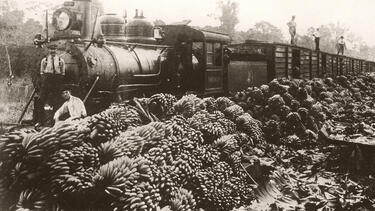
Businesses Staying in Russia Are Underperforming the Market
A new analysis from Prof. Jeffrey Sonnenfeld and his team suggests that the firms cutting ties with Russia are seeing markedly better shareholder returns.
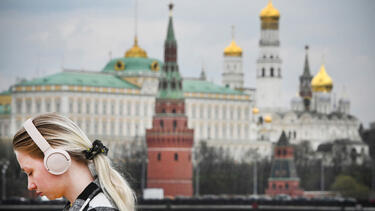
Some of the Biggest Brands Are Leaving Russia. Others Just Can’t Quit Putin.
Since the invasion of Ukraine, Prof. Jeffrey Sonnenfeld and his team have been tracking which companies have withdrawn from Russia, which are making partial moves, and which are staying put.
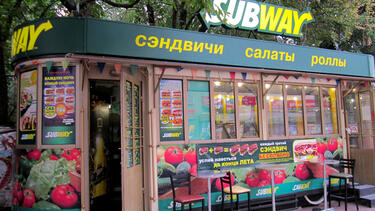
How Tesla’s Arrival in Germany Could Set Off a Labor Showdown
Tesla has resisted unionization in the United States. But in Germany, where the electric car maker launched a new Gigafactory this week, unions are powerful and anxious to maintain jobs in an electric future.

Why the Business Retreat from Russia Matters
Yale SOM leadership expert Jeffrey Sonnenfeld writes that companies’ moves to disengage from Russia can make a difference, pointing to the withdrawal of businesses from apartheid South Africa in the 1980s.

What Does the War in Ukraine Mean for Businesses?
We asked Prof. Paul Bracken, an expert on business and defense strategy, about the risks that corporate leaders should consider as the Russian invasion and the resulting sanctions unfold.
